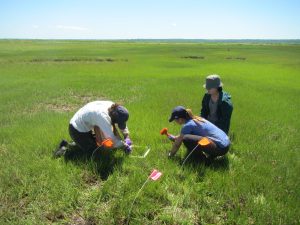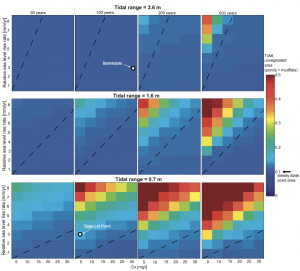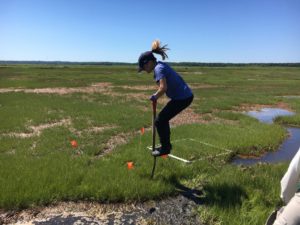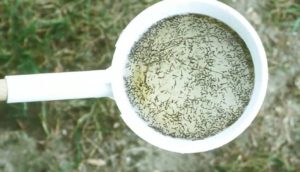Homepage – One-Page Scroller
About Our Work
NOAA - NERRS Collaborative
Bringing scientists and end users together to develop decision support tools for marsh hydrology management strategies.
The Research Question
We want to understand how hydrological management strategies impact human health, ecosystem services, and marsh sustainability.
The Project
Approach
Producing science tools that support management by integrating end users into every step of the project—from inception to implementation.
The End
Users
Our key end users include: Waquoit Bay NERR, USFWS Rachel Carson National Wildlife Reserve, and Cape Cod Mosquito Control Project.
The End-User Decision Support Tool
To support evidence-based management, we translated our field data and 2-D marsh model into a decision support tool to predict the impacts of hydrological management strategies on marsh sustainability and ecosystem services. Our model outputs are easily transferrable to other systems that can be implemented by a broad group of end-users.
Video Tutorial
Meet the Team
Great Barnstable Marsh Field Results
We’ve been working hard in the lab to process the cores that we collected in Great Barnstable Marsh, MA. Here are some initial field results! Figure 1: Measured elevation (North…
Modeling the spatial dynamics of marsh ponds in New England salt marshes
Check out the Geomorphology paper (Mariotti et al., 2020) that has been published based on Great Barnstable Marsh, MA model results! Abstract: Ponds are common features on salt marshes, yet…
Summer wrap up
We just wrapped up a really productive field season, thanks to a great team of technicians, students, and interns! Can’t wait to see what the data tell us!
Marshes, Mosquitoes, and Sea-Level Rise
“In the 1930s, the Cape Cod Mosquito Control Project dug approximately 1,500 miles of ditches across marshes on the Cape to drain their water and reduce the number of ponds…
The Collaborative Process
A key component of our work is to collaborate with end users to better understand approaches they currently use to manage marsh hydrology, how they prioritize ecosystem services, and the tradeoffs they consider when making decisions.
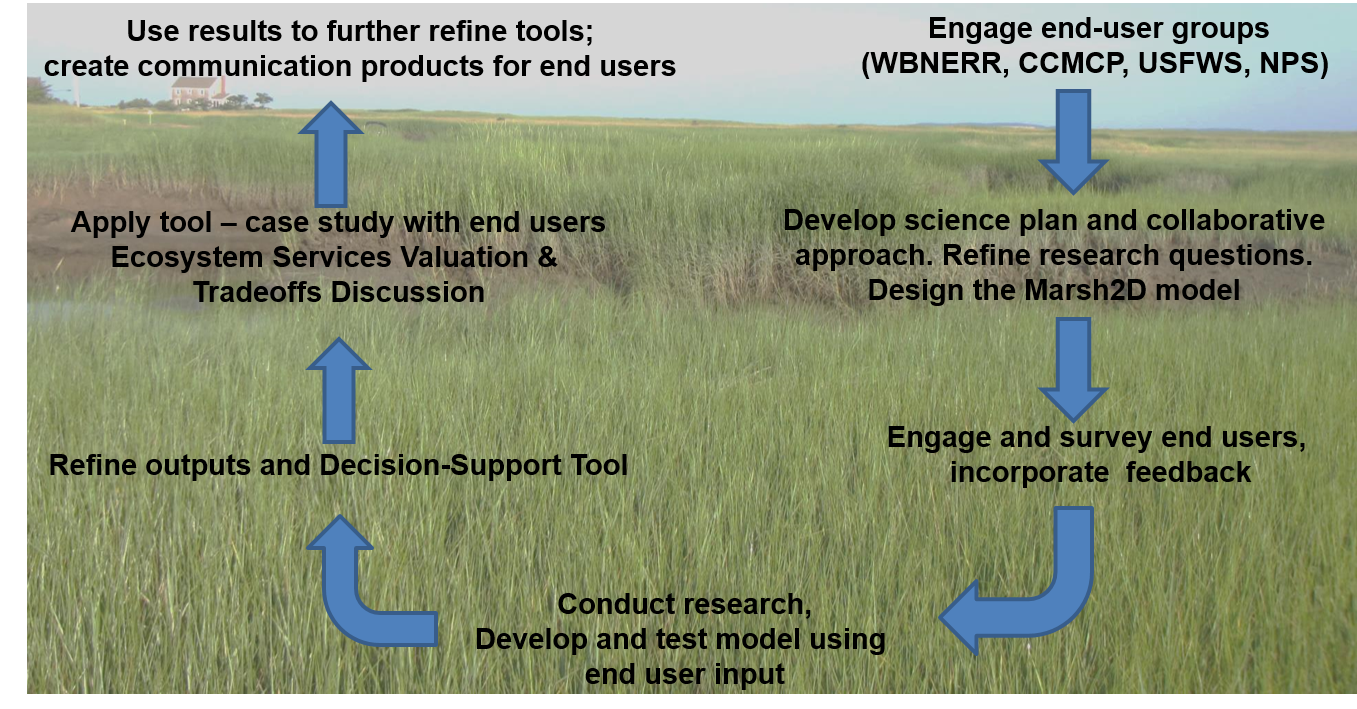

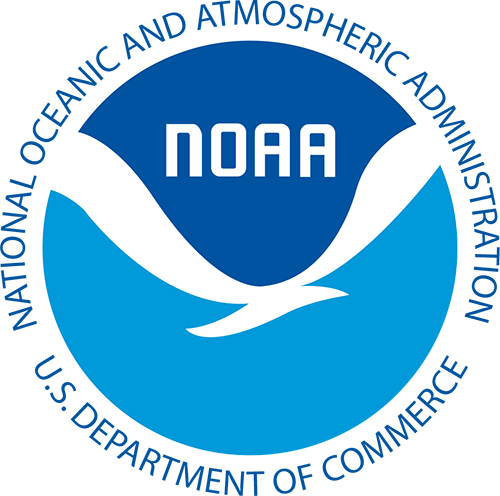
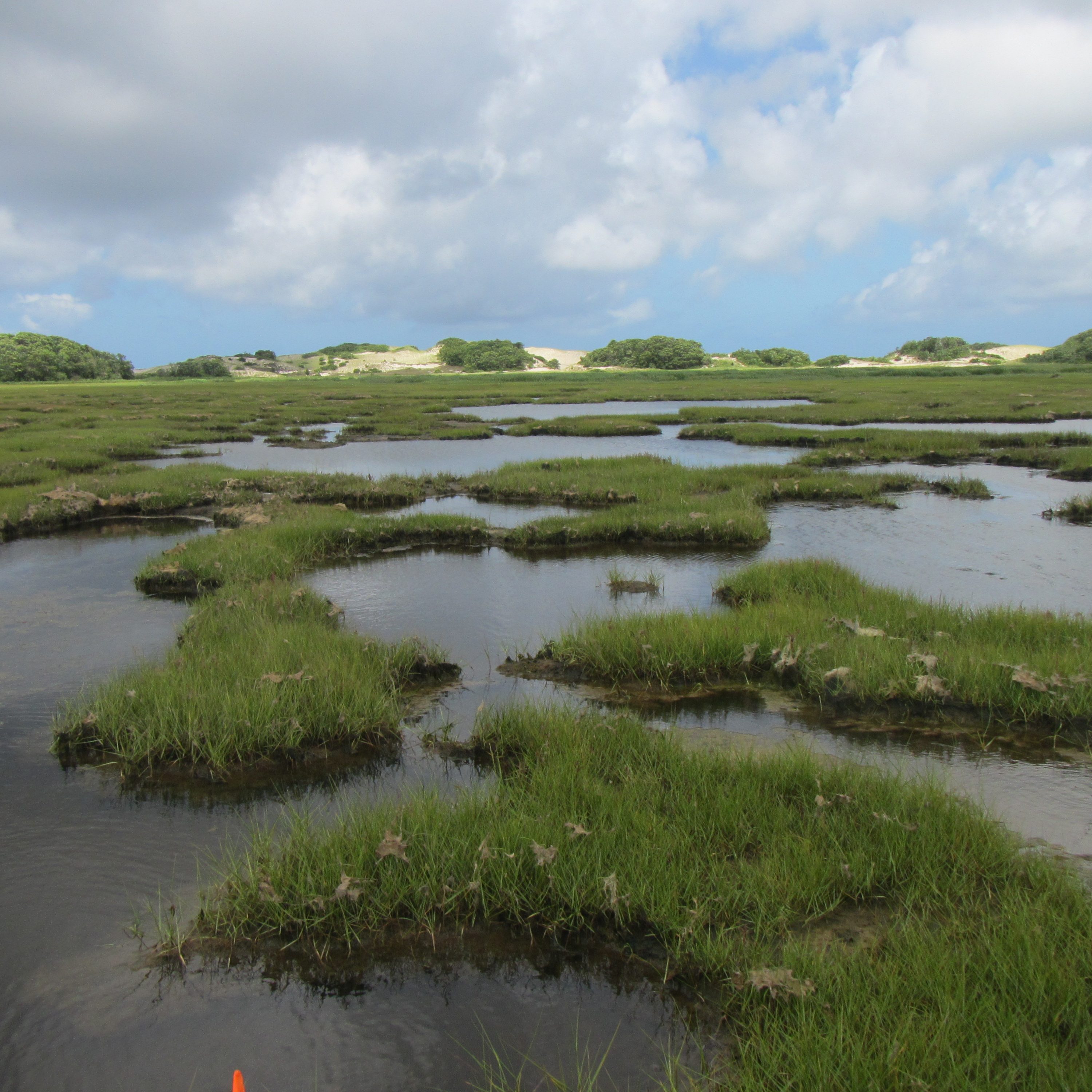
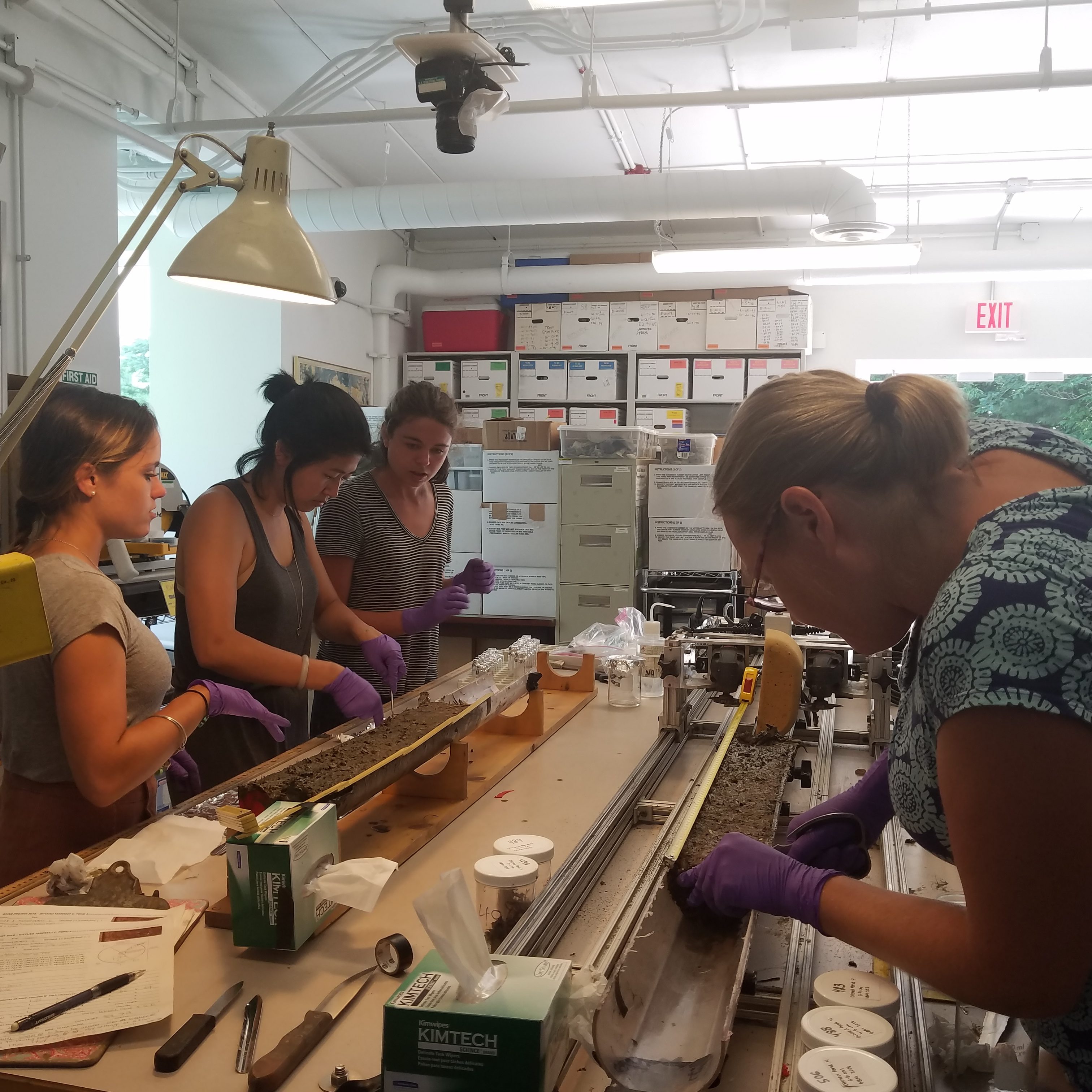
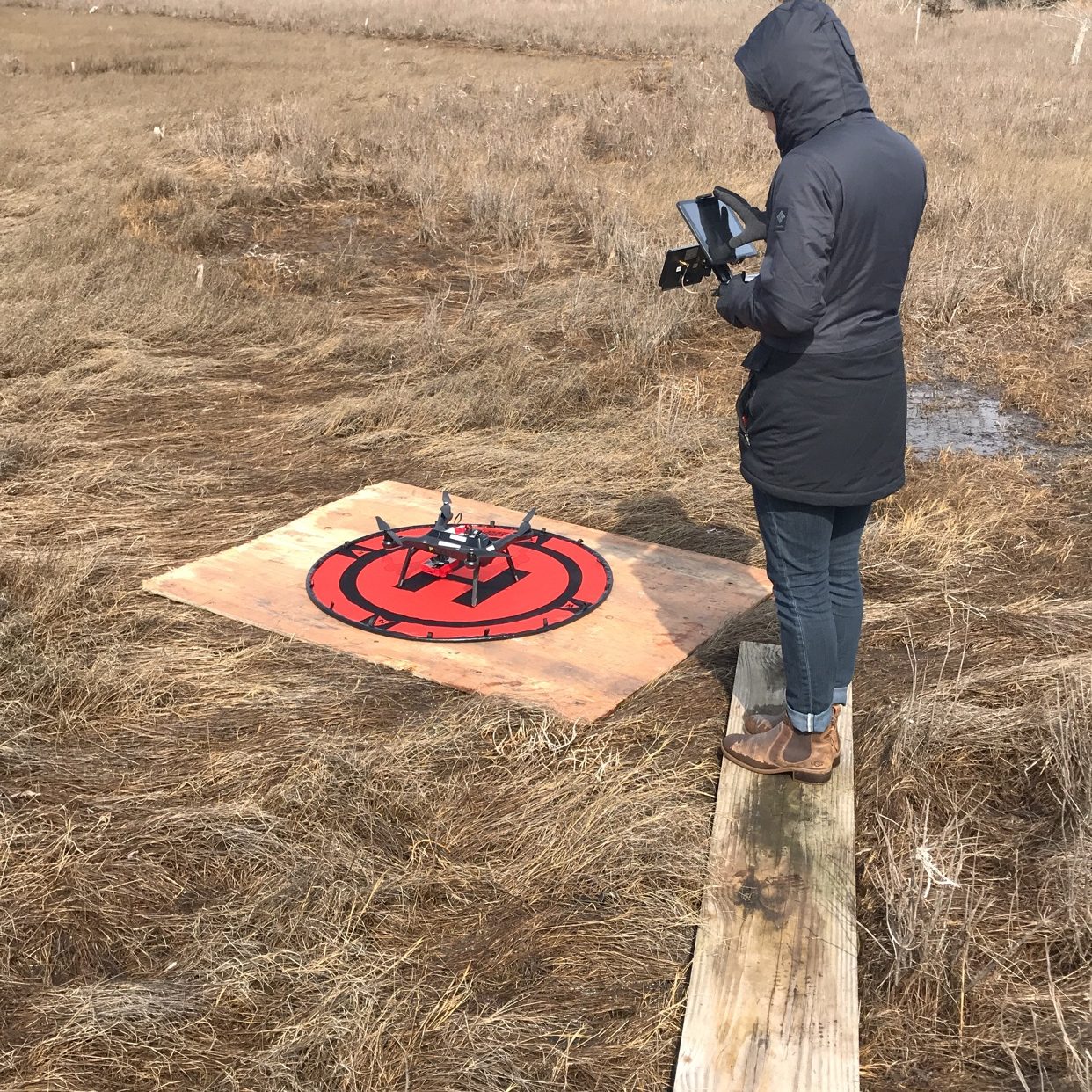


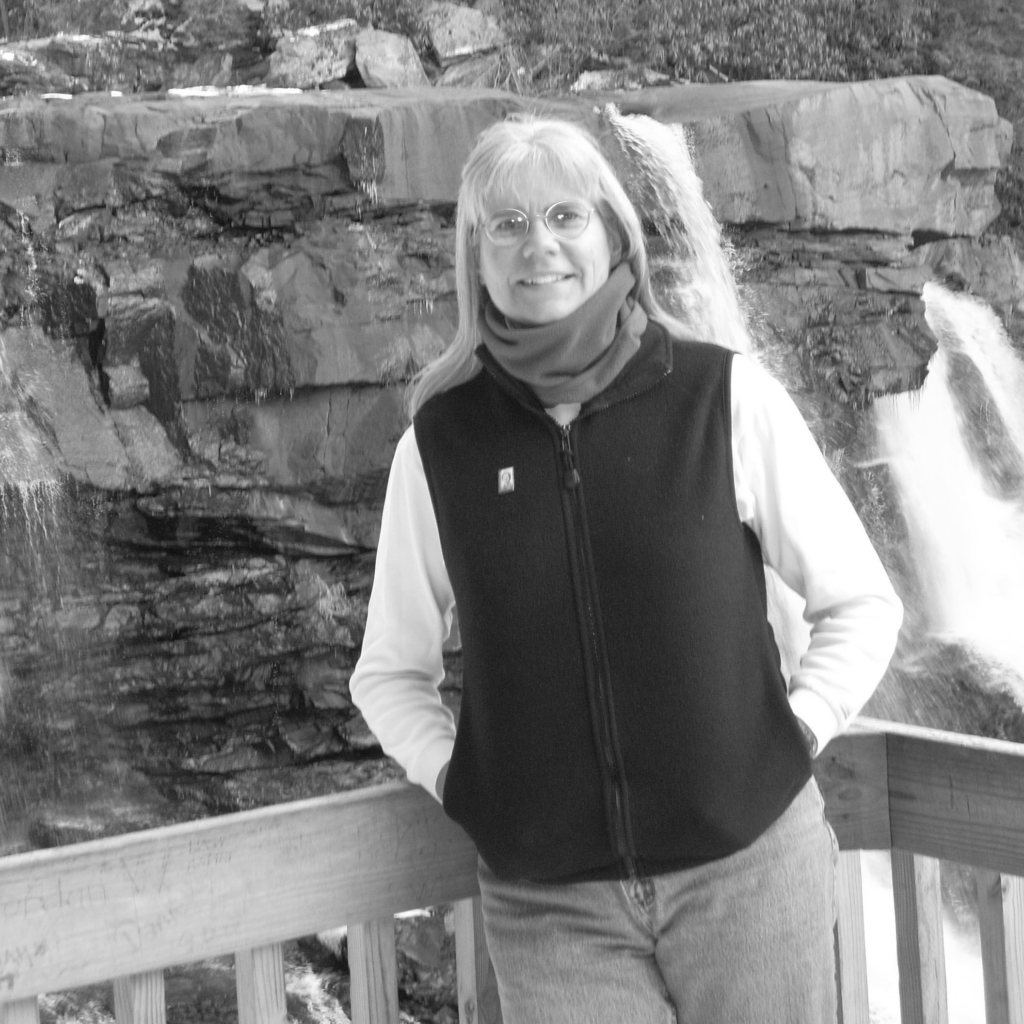 Susan Adamowicz
Susan Adamowicz
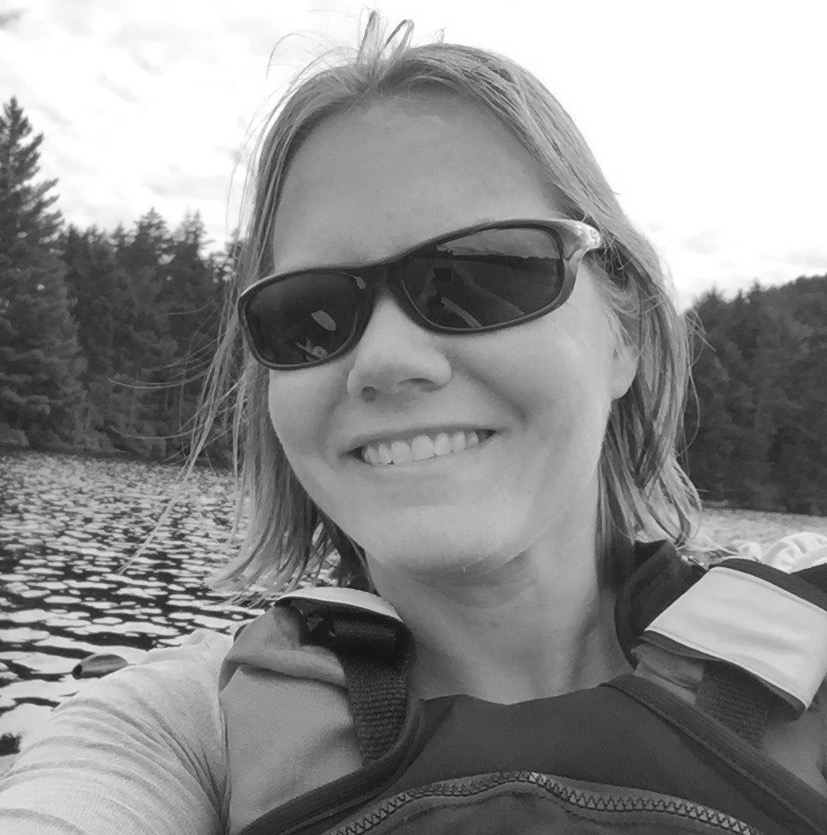
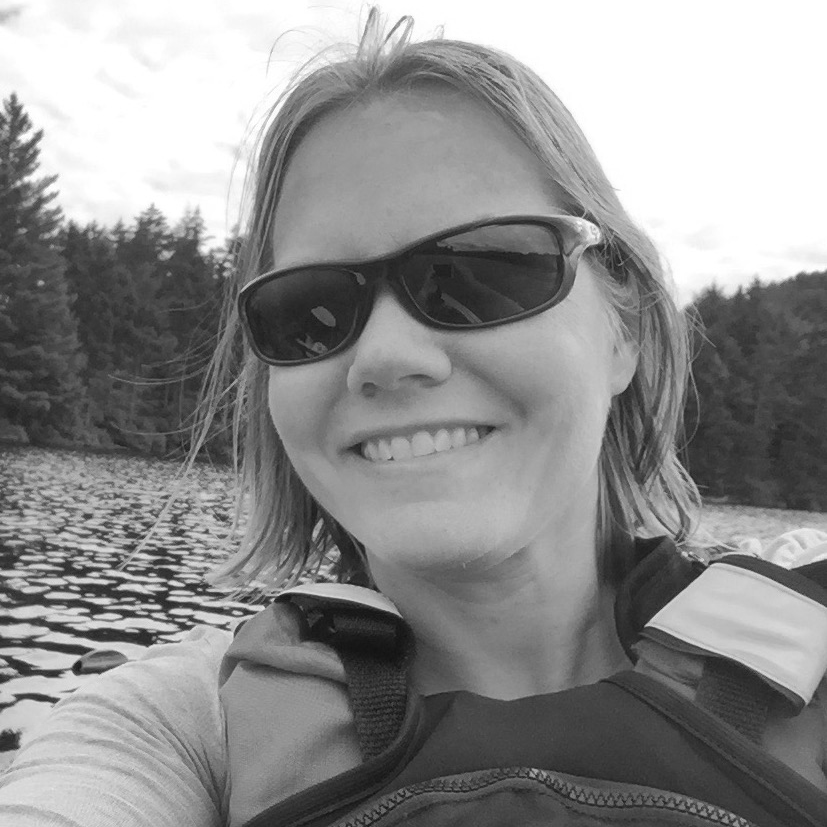
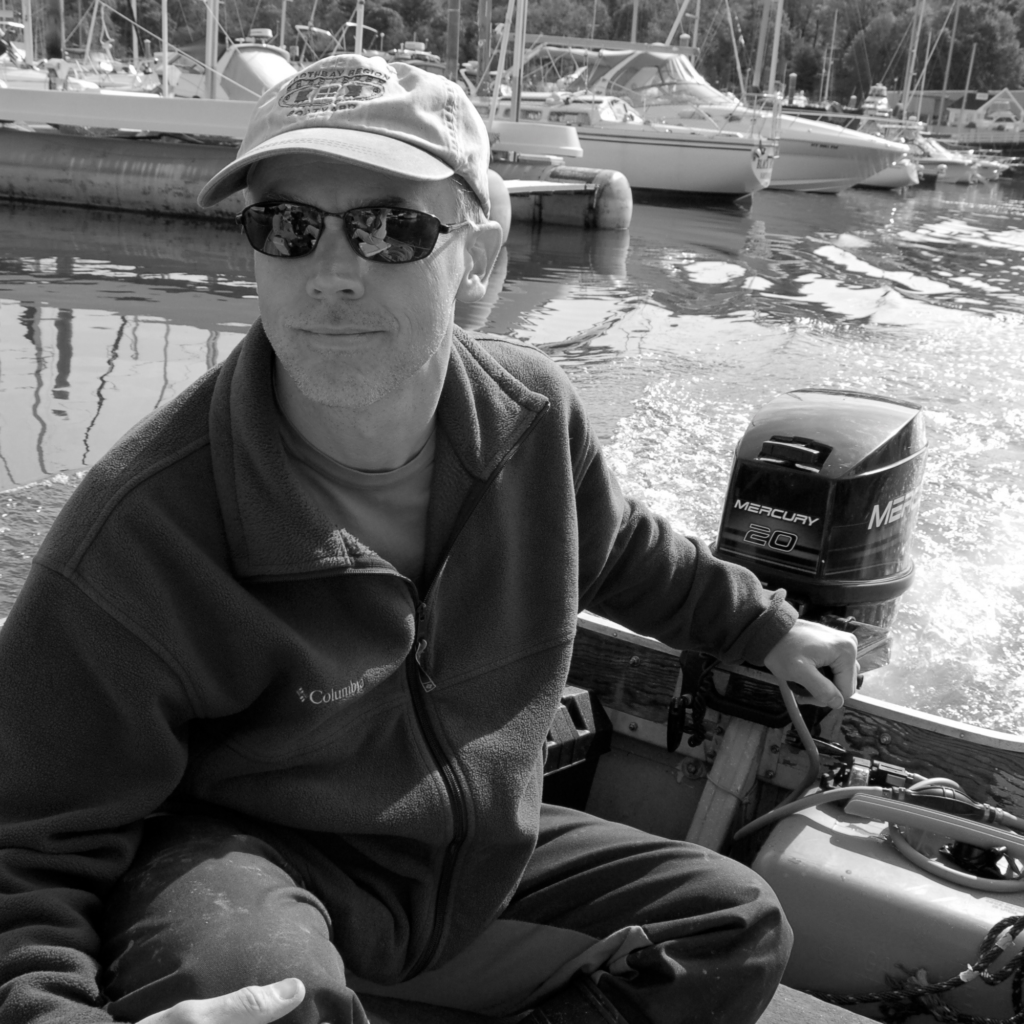 Kevin Kroeger
Kevin Kroeger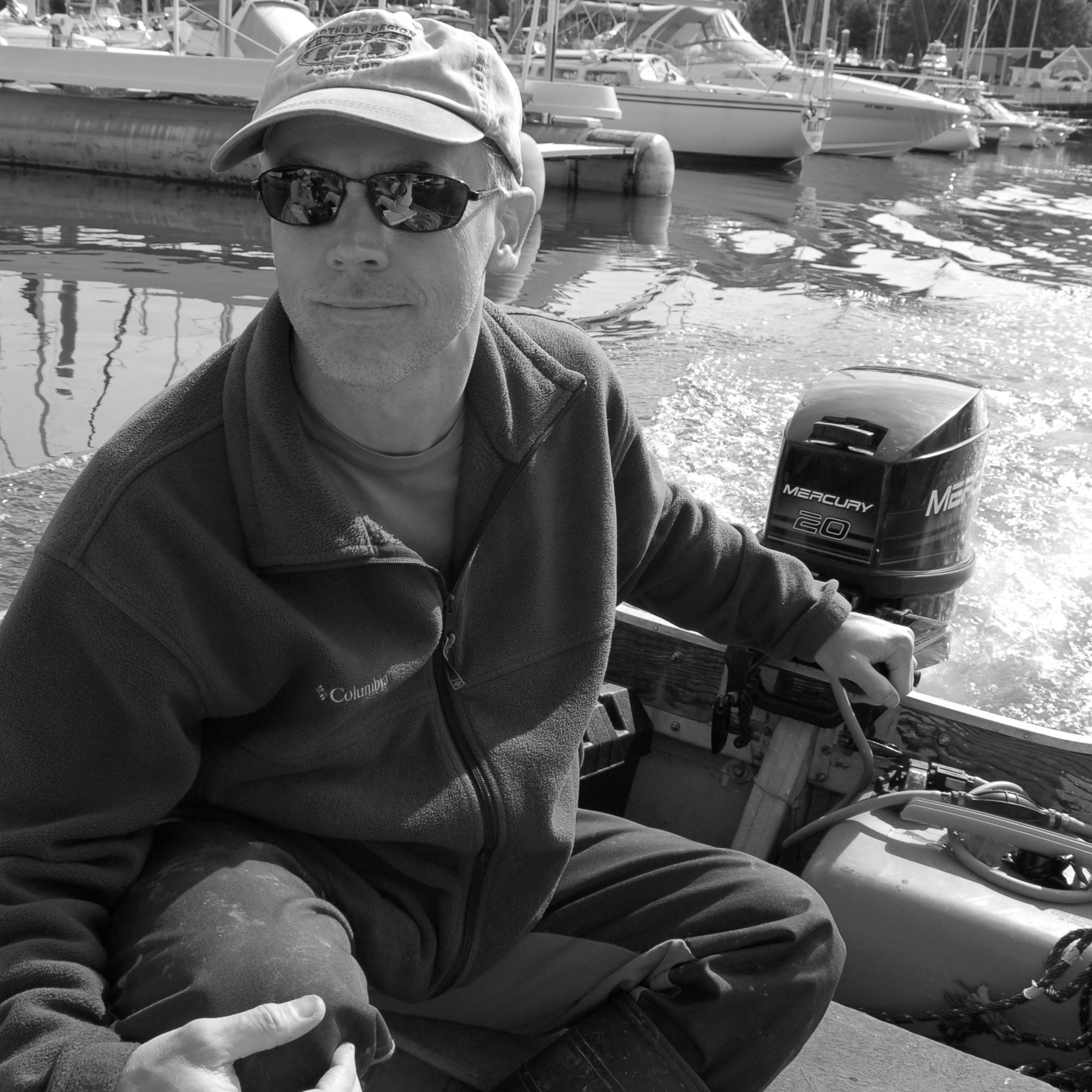


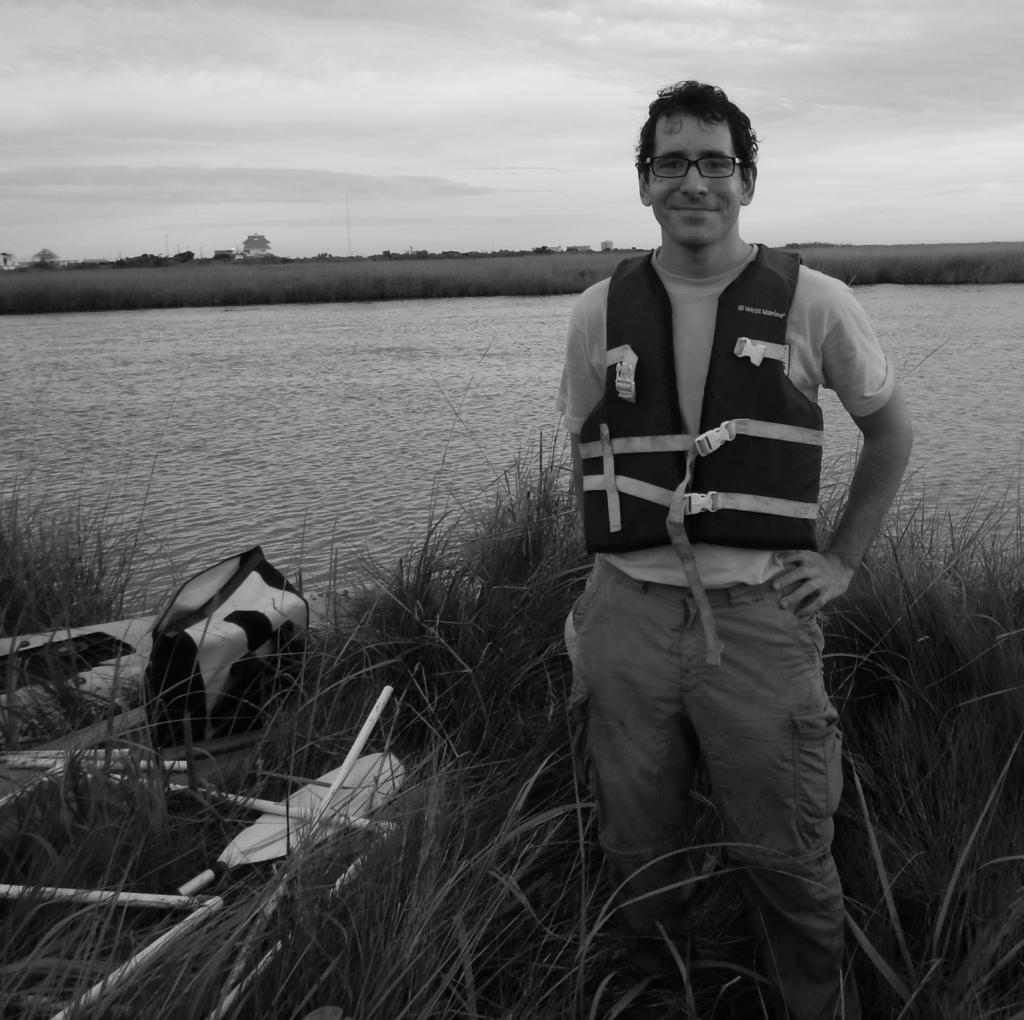 Giulio Mariotti
Giulio Mariotti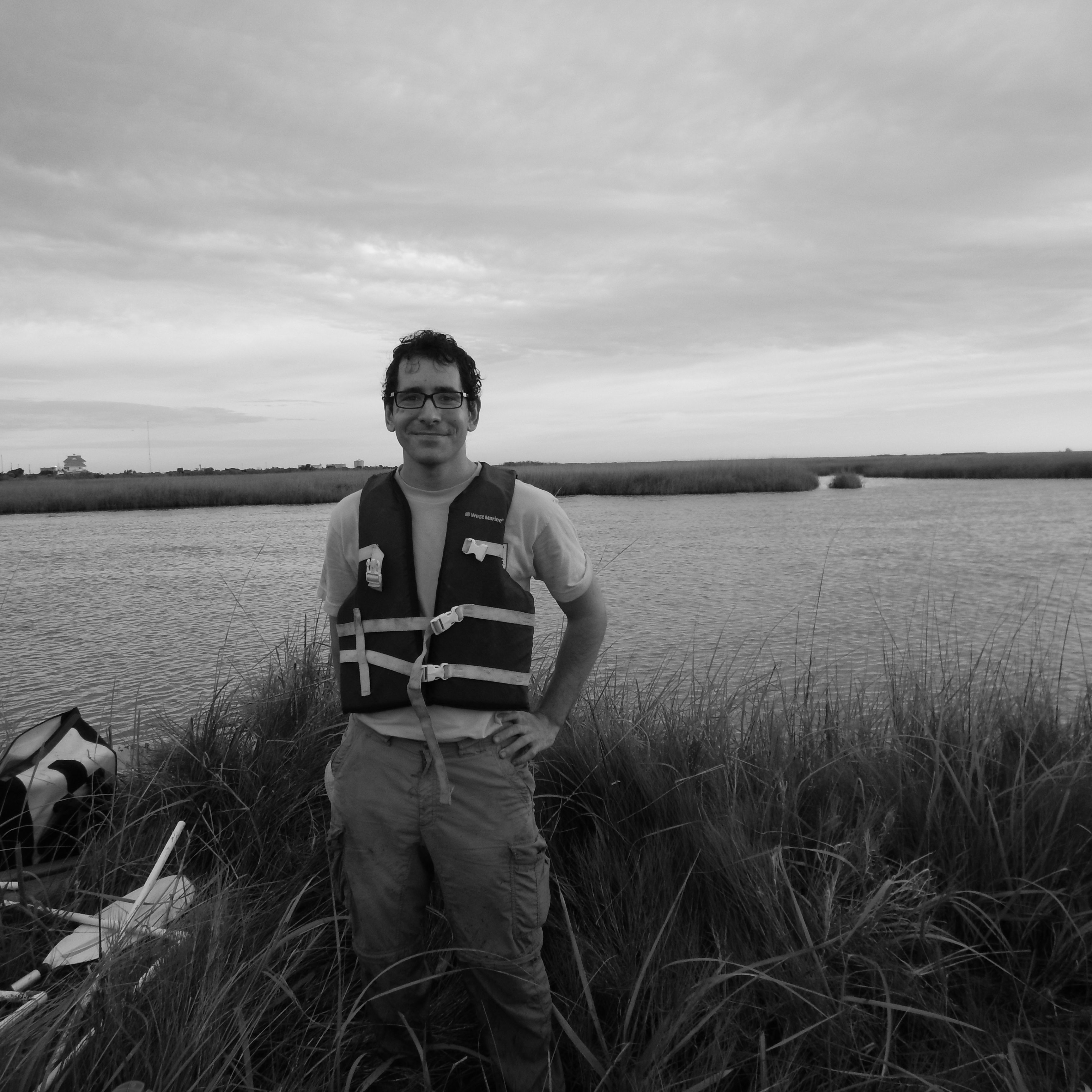
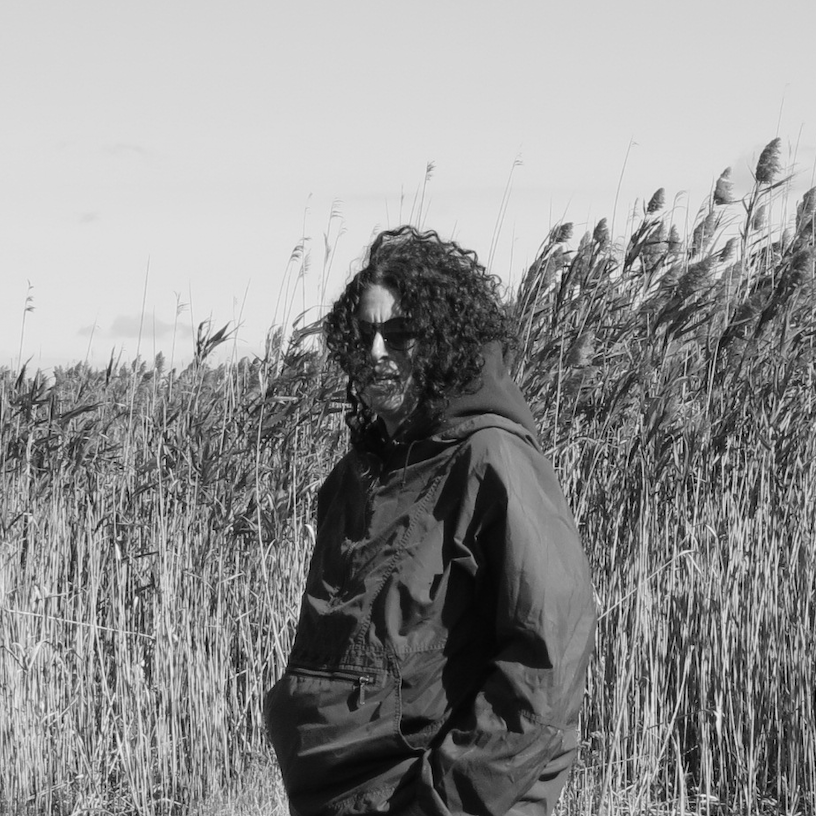
 Tonna-Marie Surgeon Rogers
Tonna-Marie Surgeon Rogers
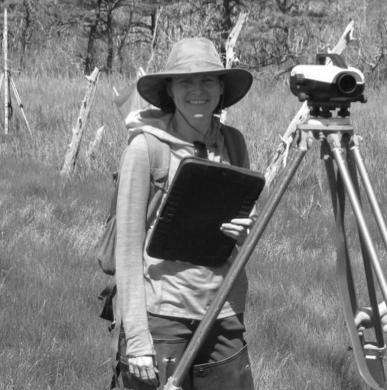
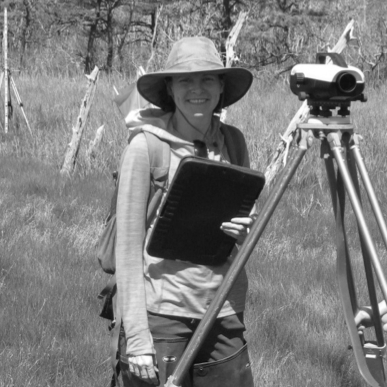
 Aleck Wang
Aleck Wang
